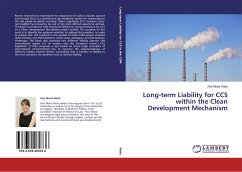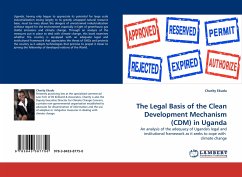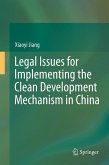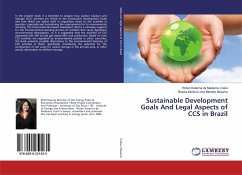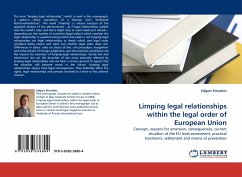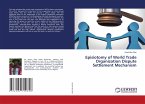Recent research has emphasized the importance of carbon dioxide capture and storage (CCS) as a greenhouse gas mitigation option for responding to the risk posed by global warming. When regulating CCS, however, long-term liability has proved to be one of the most difficult aspects to address. This book is concerned with long-term liability for non-permanence for CCS as a Clean Development Mechanism project activity. The purpose of this work is to identify the optimum solution to address this problem. In order to achieve this, CCS is placed in the context of other CDM project activities (Afforestation and Reforestation) which pose analogous non-permanence challenges. The book also examines two different liability regimes: the international regime for oil tankers and the European Union s CCS legislation. It then proposes a test based on three major principles of international environmental law to measure the appropriateness of different liability schemes before concluding that a transfer of liability to the host country is the optimum way to address liability.
Bitte wählen Sie Ihr Anliegen aus.
Rechnungen
Retourenschein anfordern
Bestellstatus
Storno

